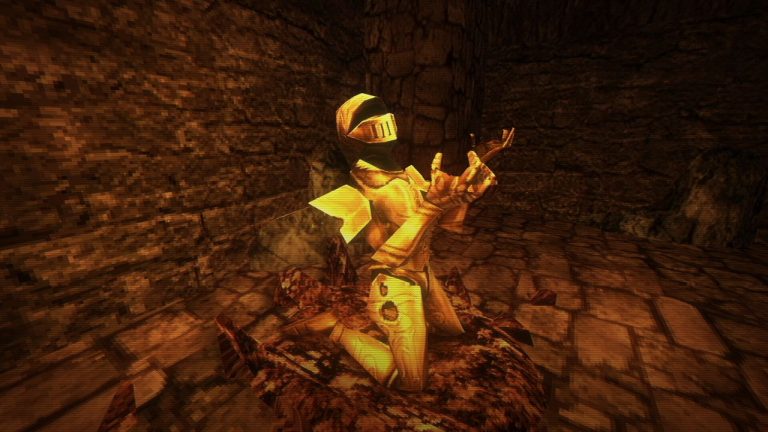Factorio developer Wube has announced yet another planet for the upcoming Space Age expansion, the deeply wet, life-rich world of Gleba. It’s basically a planetwide, ankle-deep swamp and wetland inhabited by some really weird alien ecosystems and creatures. With fauna and flora that takes inspiration from fungus and deep sea environments, Gleba is great if you—like me—enjoy gross biological environments that look like constant decay but are in truth rich with life.
This new world will also include a first for main-line Factorio: Farming, of a sort. Players will be able to create automated planters to grow and harvest trees that can be used to grow fruits—fruits with industrial applications, of course. One tree’s fruit can be used for carbon fiber, while another’s can be used for a new mysterious material known only as “Bioflux.”
The new building to come with Gleba will be the Biochamber, a bioreactor that processes Gleba’s materials into useful products, but has living components t hat must be fuelled with nutrients. The bioreactor won’t be used for any recipes from the old game world of Nauvis, but it will “basically replace oil processing on [Gleba].”
Now, before you get too excited about the goopy new world, there’s a big caveat with Gleba’s products: Spoilage. Most, if not all, of these biological products made on Gleba will be on a countdown to going rotten. That spoilage means you’ll need to focus on how much the factory can process quickly, prioritizing throughput over output—overproducing means you might just end up with a lot of rotten mess to filter off your conveyor belts.
You can read everything so far about the swampy Gleba in the posts on Gleba and the Spoils of Agriculture on the Factorio blog.
Ahead of swampy Gleba, we’ve seen the magma oceans of Vulcanus and the storm-wracked ruins of Fulgora. There’s also all the incredible stuff c oming in Factorio 2.0, like the glory that is elevated trains and stacking objects on conveyor belts.
Factorio is one of those games where if you look away for a second someone’s going to do something incredible with it. That was really well emphasized earlier this year, when players networked their systems to create a record-breaking ‘God Factory’ that would produce an inconceivable 1 million science per minute.












